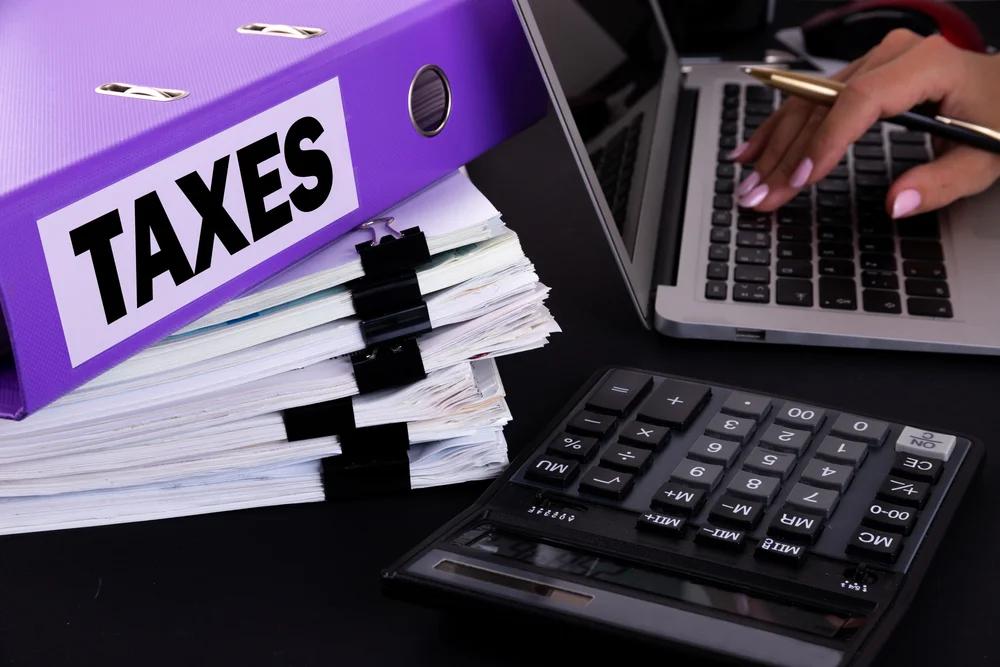Quarterly tax deadline is Jan 15. See how much you owe penalties
Writing Off Taxes And Licenses As A Business Deduction
Writing Off Taxes And Licenses As A Business Deduction
Table of contents
Key takeaways...Read more
Who can deduct taxes and license expenses?...Read more
Can you write off business expenses without an LLC?...Read more
What are the deductible taxes and licenses expenses?...Read more
Licenses and regulatory fees...Read more
State unemployment insurance fund or disability benefit fund...Read more
State and local sales taxes imposed on you as the seller of goods or services...Read more
Real estate and personal property taxes on business assets...Read more
Social Security and Medicare taxes...Read more
Federal unemployment tax...Read more
Federal highway use tax...Read more
Key takeaways
- W-2 employees can no longer deduct license fees as an income tax deduction.
- Taxes and licenses are deductible for self-employed individuals running their own businesses.
- Report taxes and license costs on Line 23, Schedule C.
Who can deduct taxes and license expenses?
Can you write off business expenses without an LLC?
What are the deductible taxes and licenses expenses?
Licenses and regulatory fees
State unemployment insurance fund or disability benefit fund
State and local sales taxes imposed on you as the seller of goods or services
Real estate and personal property taxes on business assets
Federal unemployment tax
Federal highway use tax
What’s FlyFin?
Expert tax CPAs ensure 100%-accurate tax filing
A.I. finds every tax deduction, eliminating 95% of your work
On average users save $3,700

Social Security and Medicare taxes